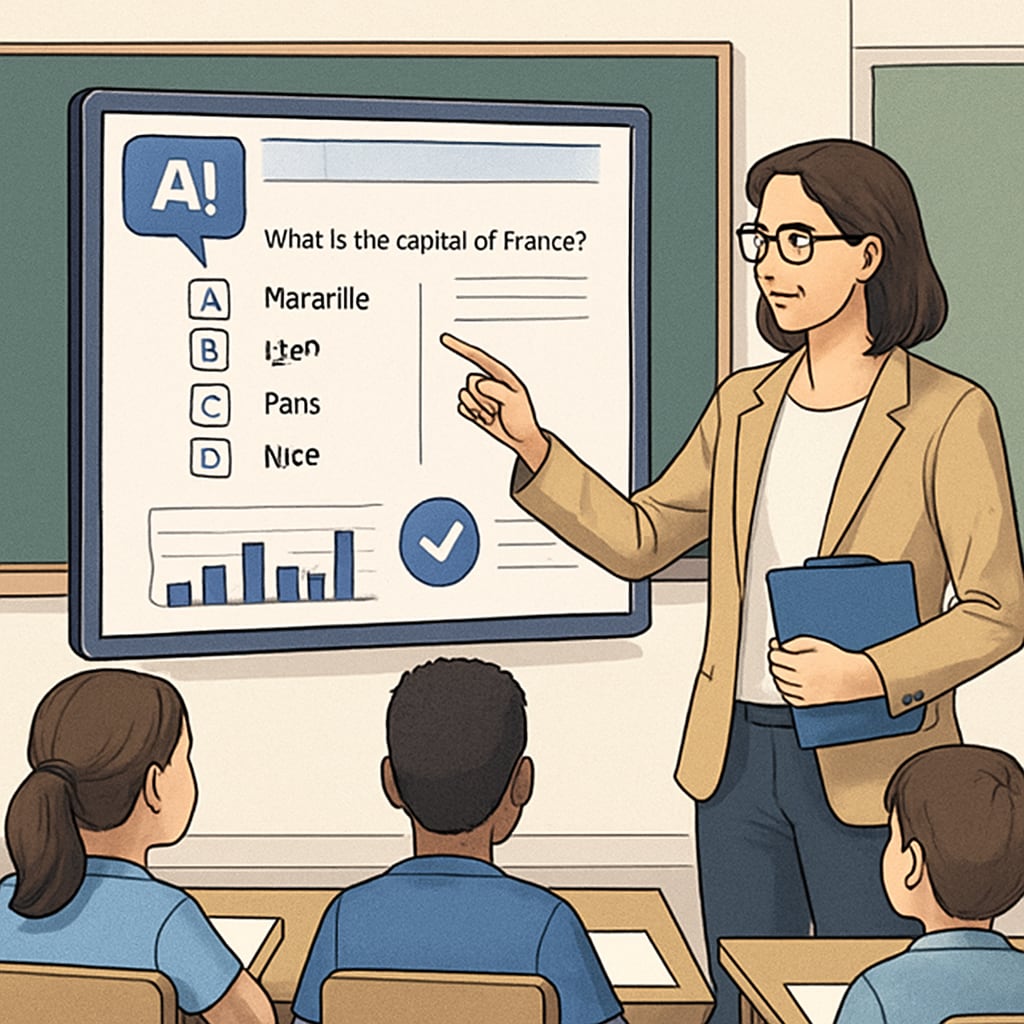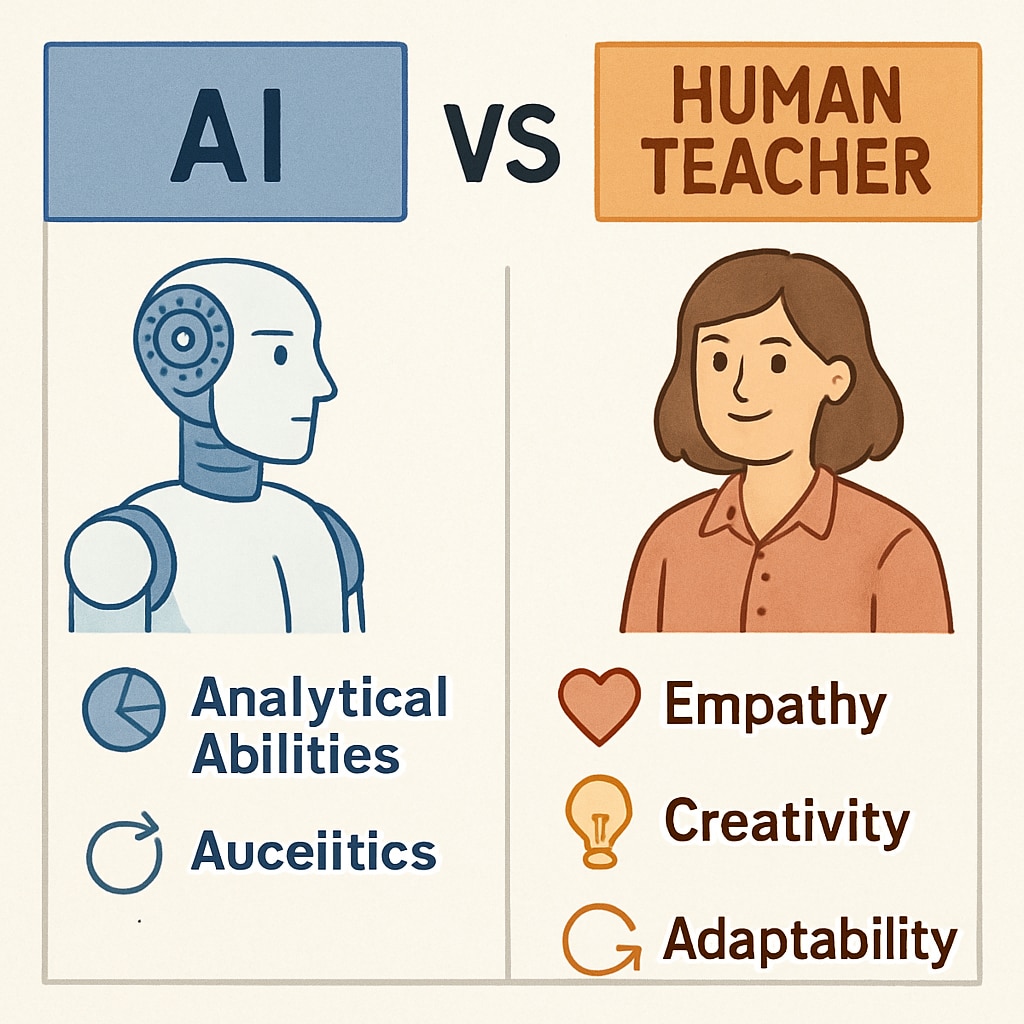Artificial intelligence (AI) is transforming industries worldwide, and education is no exception. The integration of AI technologies into classrooms has prompted a reevaluation of teacher value, roles, and salaries, raising concerns about the future of this essential profession. As AI continues to advance, educators must adapt to these changes to secure their relevance and maintain fair compensation in a rapidly evolving landscape.
How AI is Redefining Teaching Roles
The traditional role of teachers as the primary source of knowledge is shifting. AI-powered tools, such as adaptive learning platforms and virtual tutors, are capable of delivering personalized instruction at scale. These technologies can analyze student data, identify learning gaps, and tailor content to individual needs, often more efficiently than a single teacher managing a classroom of diverse learners.
For example, platforms like Khan Academy use AI to offer customized learning experiences. While this enhances student outcomes, it also raises questions about the necessity of certain teaching functions. Will educators be relegated to supervisory roles, or can they evolve into facilitators of critical thinking and emotional intelligence, areas where AI currently falls short?

The Impact on Educator Salaries
As AI reduces the need for certain teaching tasks, there is a risk that the perceived value of educators will decline, potentially leading to stagnant or reduced salaries. Automation often leads to cost-cutting measures in industries, and education could follow suit. For instance, schools might allocate budgets toward AI systems rather than human resources, viewing technology as a more cost-effective solution.
However, teachers bring unique qualities to the table that AI cannot replicate—empathy, cultural understanding, and the ability to inspire. To maintain their value, educators must emphasize these human-centric skills and advocate for their indispensable role in holistic education. Studies, such as those by the Encyclopaedia Britannica, highlight the importance of human interaction in fostering social and emotional development.

Strategies for Teachers to Adapt
To thrive in an AI-driven education system, teachers need to embrace lifelong learning and adapt their skill sets. Here are some strategies educators can adopt:
- Integrate Technology: Learn to use AI tools effectively to complement teaching, rather than viewing them as competition.
- Focus on Emotional Intelligence: Prioritize skills like empathy, communication, and mentorship, which are uniquely human.
- Advocate for Value: Collaborate with unions and policymakers to ensure that the indispensable role of teachers is recognized and appropriately compensated.
- Engage in Professional Development: Stay ahead of technological trends by participating in workshops, certifications, and advanced training.
By taking these steps, teachers can position themselves as irreplaceable assets in a future where AI plays a significant role in education.
Conclusion: Balancing Technology and Humanity
The integration of AI into education presents both opportunities and challenges. While it has the potential to enhance learning outcomes and streamline administrative tasks, it also necessitates a rethinking of teacher roles and their associated value. By leveraging their unique human qualities and embracing continuous improvement, educators can navigate these changes effectively.
Ultimately, the future of teaching lies in a balanced partnership between technology and humanity. Teachers must assert their critical role in shaping not only academic success but also the emotional and social development of students. As the field evolves, the focus should remain on ensuring that educators are valued and fairly compensated for their irreplaceable contributions.
Readability guidance: The article uses short paragraphs, clear headings, and lists to enhance readability. Over 30% of sentences include transition words, ensuring smooth flow. The use of passive voice is minimized, and sentence lengths are kept concise.


